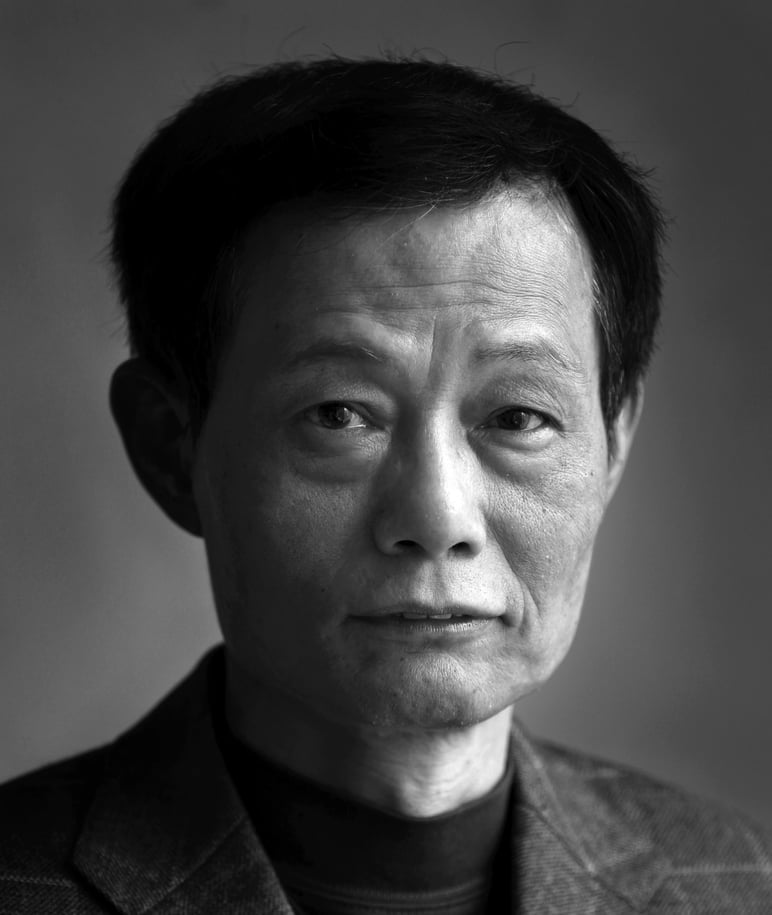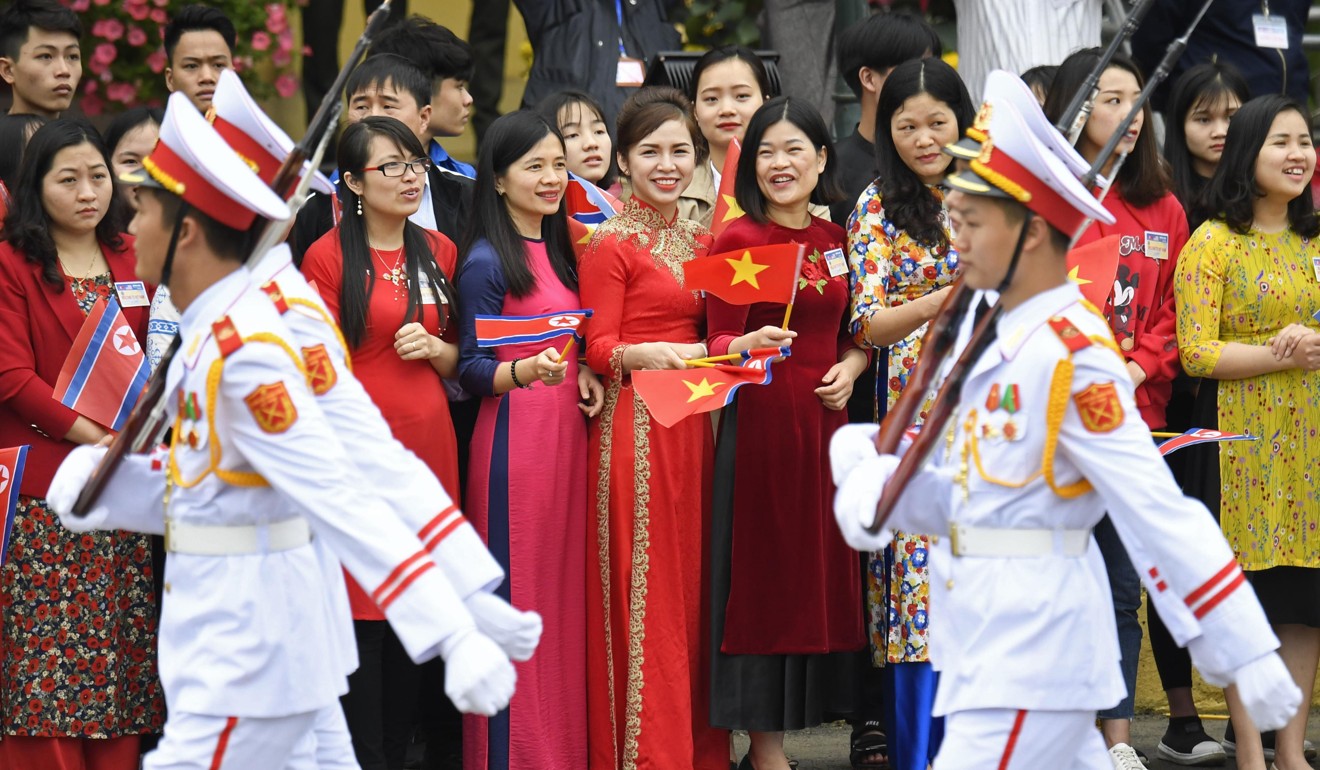
Trump met Kim in Hanoi, and the biggest winner may be Vietnam
- Vietnam’s role as host of the high-profile summit has consolidated its friendship with the US, further boosting its standing in Southeast Asian affairs
- Like China, Vietnam is held up as an economic success story for North Korea to emulate, but unlike China, it has adopted far less repressive policies
Summit diplomacy has played an increasingly critical role in today’s international relations, both bilateral and multilateral, since the word “summit” was first used – some say by Winston Churchill in the 1950s – to describe a meeting between government leaders. Now, even the choice of venue to host an important summit may have symbolic value and geopolitical implications.
The selection of Vietnam as a venue speaks volumes about the dramatic geopolitical changes in recent decades, as the world witnessed the nation’s journey from American foe to budding US security partner.
The reason Vietnam was picked from the list of possible venues was not just because of the communist state’s neutral stance on the North Korean nuclear issue, and not only because both the US and North Korea have embassies there. Vietnam’s friendly relations with all the key players, including China, Japan, South Korea and Russia, was not the main reason, either.
What is more relevant is that the choice of Hanoi served both Pyongyang’s and Washington’s best interests.
As two of the world’s five remaining communist regimes, Vietnam and North Korea have not only had strong ideological links, but they have also shared the experience of fighting bitter wars against “American imperialists”. Today’s Vietnam could offer Kim a road map for both making peace with the world’s mightiest superpower and achieving prosperity under communist rule.
Trump himself has suggested that the choice of the venue was intended to deliver such a message, as he appealed to Kim to follow Hanoi’s example. Cooperate with the US, and North Korea could achieve two goals – end political isolation and achieve economic prosperity.
Like China, Vietnam has become one of the world’s most dynamic emerging economies since it began its market reform in the mid-1980s. And Vietnam, due to its geographic size and population, may be a more relevant example for North Korea than China.
Meanwhile, Hanoi has benefited from the opportunity to showcase its economic success, as it garnered massive global media exposure amid the diplomatic fanfare. For playing such a prominent role in a global event, it should reap significant diplomatic and geopolitics gains.
Since it normalised relations with the US and became a member of the Association of Southeast Asian Nations in 1995, Vietnam has been moving to the centre of Southeast Asian affairs. Hosting the Trump-Kim summit will consolidate Hanoi’s position as one of Washington’s strongest allies in the Asia-Pacific and further boost its standing in regional affairs.

Closer US-Vietnam security ties might also result in the moderation of Washington’s criticism of Hanoi’s domestic politics and its human rights record.
United by their concern about China’s ambitions, both Washington and Hanoi now very much want to use the event to underscore their closer security and military links to balance a rising China.
Cary Huang, a senior writer with the Post, has been a veteran China affairs columnist since the early 1990s

